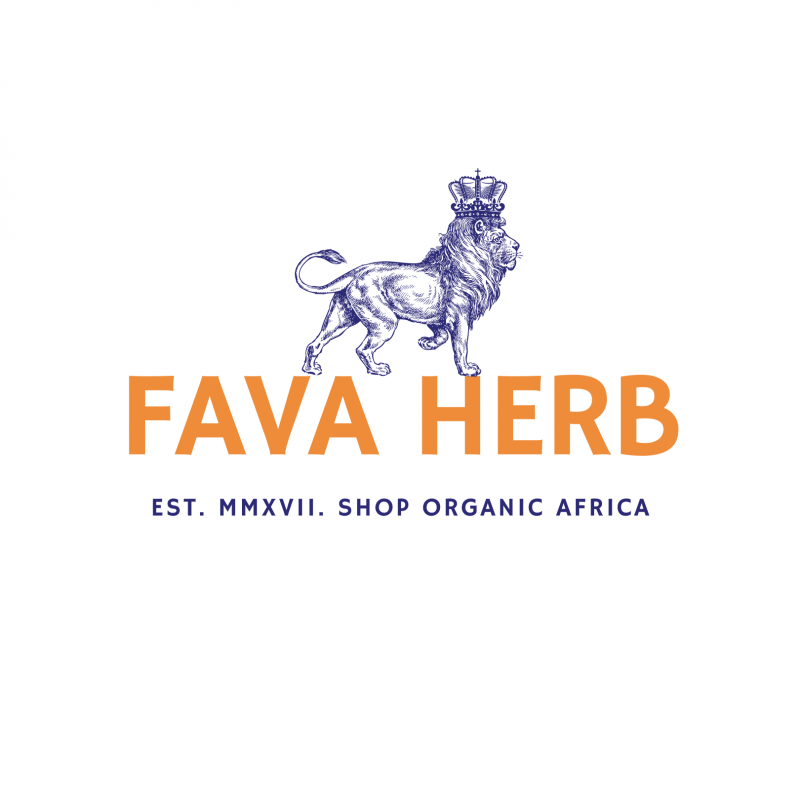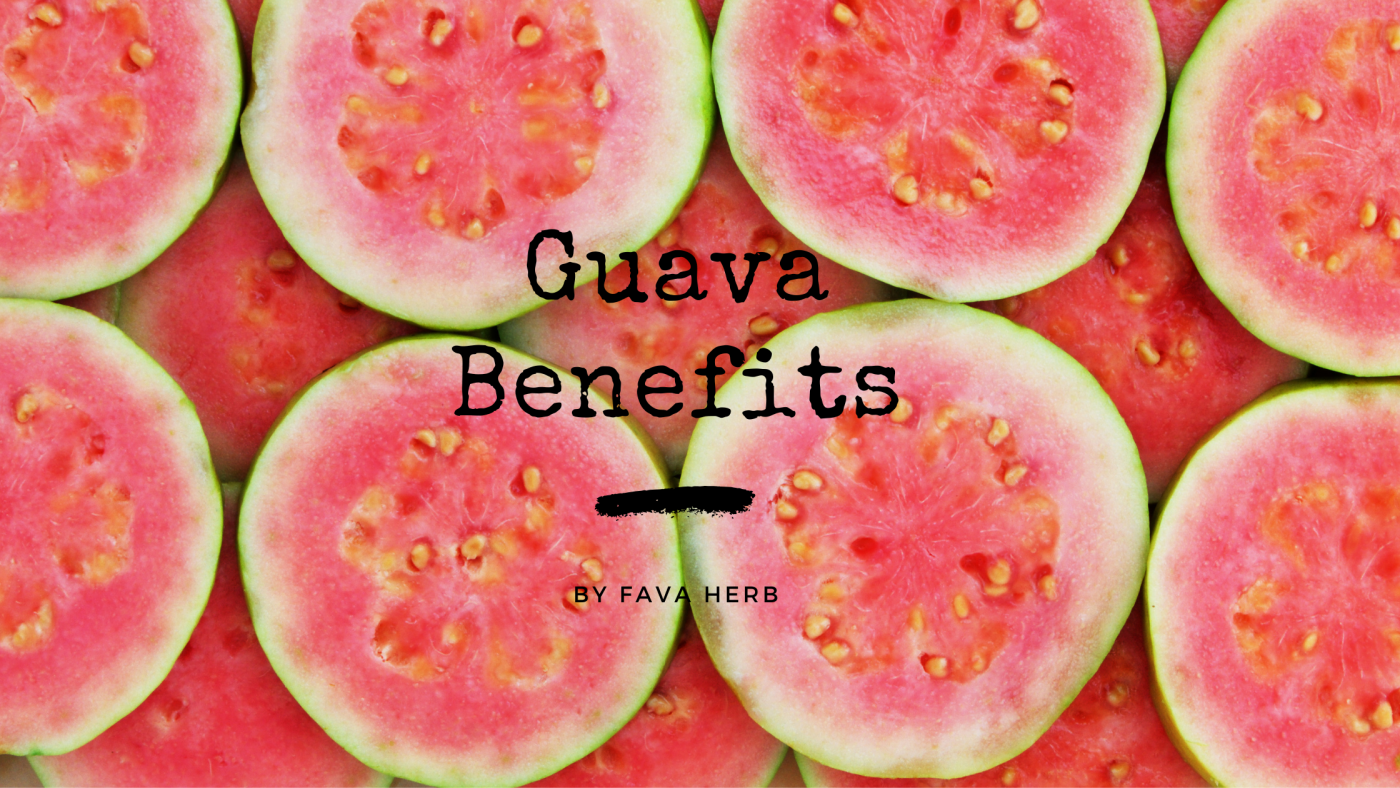Uncategorized
Guava: The Tropical Powerhouse for Immune Strength, Skin Vitality, and Gut Health
Guava (Psidium guajava) is a tropical fruit celebrated not only for its fragrant sweetness but also for its dense nutritional profile and diverse health benefits. Native to Central America but widely cultivated in Africa, Asia, and Latin America, guava has earned its place as a superfruit — thanks to its high vitamin C content, dietary fiber, antioxidants, and phytochemicals that work in synergy to support the body’s systems.
Nutritional Profile
Guava is a nutrient-dense fruit, offering significant amounts of:
- Vitamin C – A single guava can provide over 250% of the daily recommended intake, strengthening the immune system and promoting collagen production.
- Fiber – Especially pectin, which aids digestion and gut health.
- Lycopene – A powerful antioxidant found in pink guava varieties, beneficial for heart health and anti-aging.
- Potassium, Magnesium, and Folate – Vital for heart function, muscle health, and cell repair.
Health Benefits of Guava
1. Strengthens Immunity
Guava’s vitamin C content is higher than that of oranges, making it exceptional for supporting immune defense. It helps stimulate white blood cell activity, reduce infection risks, and protect against oxidative stress.
2. Promotes Skin Clarity and Collagen Production
Rich in vitamin C, A, and antioxidants like beta-carotene and lycopene, guava boosts collagen synthesis, helps maintain firm, youthful skin, and fights skin inflammation caused by acne or UV exposure. The leaves, when used topically or in teas, are also known for reducing blemishes and soothing irritated skin.
3. Improves Digestive Health
With its high fiber content, guava enhances gut motility and supports regular bowel movements. The natural pectin helps nourish gut flora, while its antimicrobial properties may help kill harmful bacteria in the intestines.
4. Regulates Blood Sugar
Guava has a low glycemic index and high fiber content, making it beneficial for people with type 2 diabetes. It slows sugar absorption, helping prevent spikes in blood glucose. Guava leaf tea is particularly well-studied for reducing post-meal blood sugar levels.
5. Boosts Heart Health
The potassium and soluble fiber in guava help reduce LDL (bad) cholesterol and increase HDL (good) cholesterol. Lycopene and other antioxidants help protect the heart from oxidative stress and inflammation, reducing the risk of hypertension and stroke.
6. Aids Weight Management
Guava is low in calories but high in fiber, which helps promote a feeling of fullness and reduces unnecessary snacking. It offers sweetness without sugar overload, making it an excellent option for healthy diets.
7. Supports Brain and Nerve Function
Guava contains B vitamins, especially B6 (pyridoxine) and B3 (niacin), which are crucial for brain health, nerve function, and the reduction of stress and fatigue.
Book: Returning To Nature’s Ancient Pharmacy -An African Approach To Natural Remedies
What You’ll Discover:
- Daily Herbal Remedies backed by Scripture and tradition
- Natural healing foods like raw honey, fermented drinks, and superfruits
- Uses of animal fats like tallow, ghee, and bone broth
- African healing plants like hibiscus, tamarind, and baobab
- Teas and Adaptogens for stress, energy, and hormone balance
- Spiritual insights on God’s design for healing and wellness
- Practical recipes, homemade remedies, and devotional reflection
Traditional and Modern Uses
- Fresh Fruit: Eaten raw, juiced, or added to smoothies and salads.
- Guava Leaves: Brewed into teas to treat diarrhea, bloating, menstrual cramps, and sore throats.
- Topical Uses: Crushed guava leaves are applied to wounds to speed up healing and prevent infections.
- Cosmetic Products: Extracts are used in natural skincare for acne treatment and anti-aging formulations.
Agricultural and Environmental Value
Guava trees are highly adaptable, grow quickly, and are drought-tolerant once established. They thrive in tropical and subtropical regions and can be grown with minimal pesticide use. Their fruits, leaves, and bark all hold commercial and medicinal value, making guava cultivation a sustainable choice for smallholder farmers and eco-conscious agribusinesses.
Final Thoughts
Guava is more than a juicy fruit—it’s a holistic remedy. From fortifying the immune system and detoxifying the skin to balancing blood sugar and nourishing the gut, guava offers profound health support in every bite. Its fruit, leaves, and seeds serve a wide range of uses in food, wellness, and traditional medicine, positioning guava as one of nature’s most generous gifts to human health.




